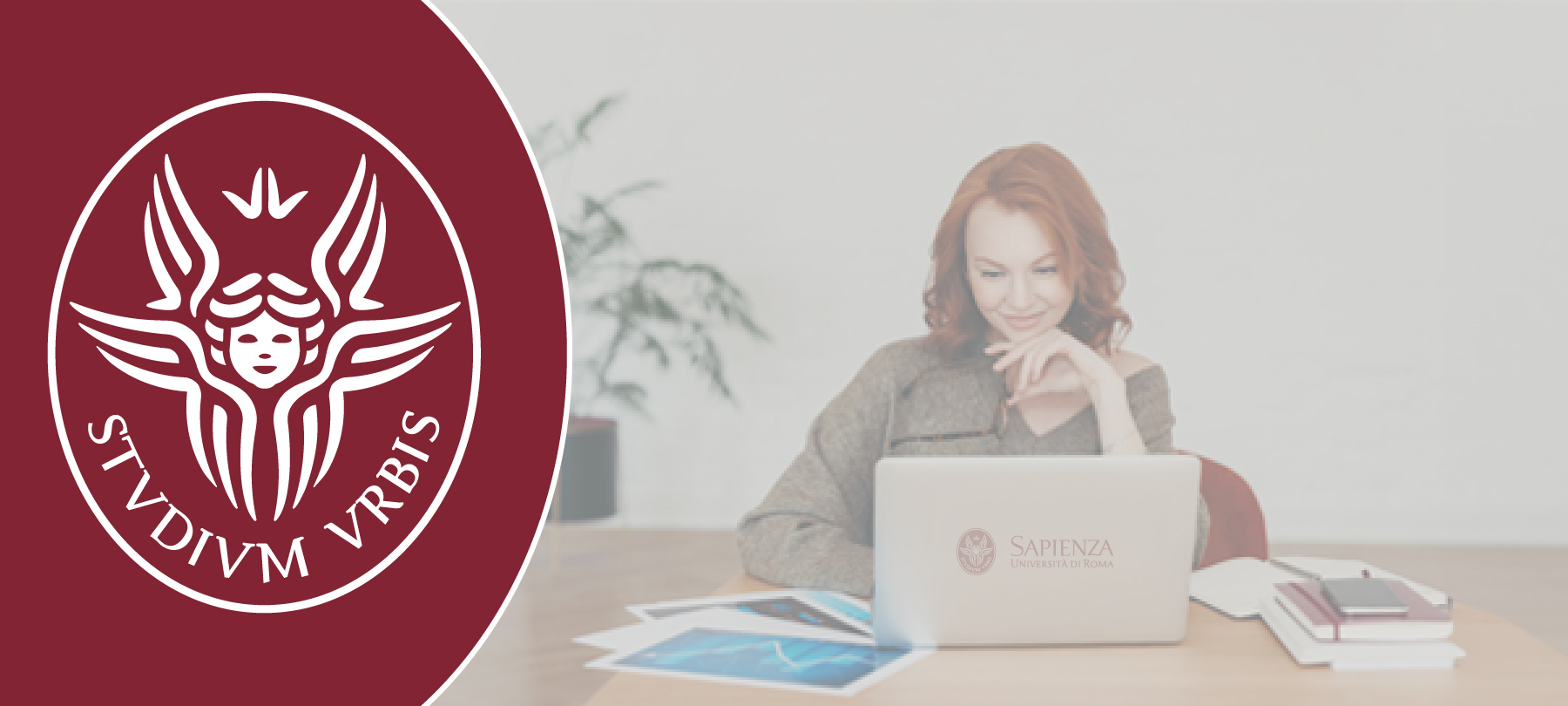Perfilado de sección
-
Language and Attendance
Classes are delivered in English if there is at least one non-Italian-speaking student. Students are encouraged to attend in person and are actively involved during classes. Slides and video recordings will be made available so that students can prepare for the exams. The textbook is available at: https://www.marcocrescenzi.it/index.php?view=category&id=29Aims of the Course
The Scientific Method and its Applications in Biology (SMAB). Epistemological foundations of science; conceptual and experimental approaches in biology. The course emphasizes scientific reasoning—in its many forms and applications—rather than the mere transmission of notions. Students will be introduced to selected scientific papers and asked to comment on and discuss them, with the goal of strengthening their scientific reasoning skills. In-class discussions are a key teaching tool.Exams
Students will be examined on all topics covered in the course, including both the material provided by the teacher (videos, presentations) and the contents of the textbook. The exam consists of an interactive oral examination in which students will be assessed on their actual understanding of the course material and on their ability to present and critically re-elaborate it in a personal waySchedule (Academic Year 2025–2026)
The course begins on Thursday, 25 September. Classes are held Tuesdays 16:00–18:00 and Thursdays 16:00–18:00, Aula 5, Via dei Marsi 78.Contacts
For further information, please write to: franco.cardone@uniroma1.it; franco.cardone@iss.it -
The program of the course is the Table of Contents of the textbook. Here below the chapters are presented in both Italian and English.
PARTE PRIMA - LE BASI FILOSOFICHE - 1. PHILOSOPHICAL BASES
Come progredisce la scienza? - How does science progress?
Elementi di epistemologia - Elements of epistemology
Nomenclatura - Nomenclature
PARTE SECONDA - BASI METODOLOGICHE FONDAMENTALI - 2. FUNDAMENTALS OF METHODOLOGY
Basi fondamentali dell’esperimento scientifico - Fundamentals of the scientific experiment
Isolare la variabile allo studio - Isolating the variabile under study
Controlli positivi e negativi - Positive and negative controls
Ridondanza di evidenza - Redundant evidence
Osservazioni, correlazioni, rapporto di causa-effetto - Observations, correlations cause-and-effect relationship
Eventi rari o sfuggevoli - Rare or elusive events
Screening
Misurazioni e misure - Measurements and measures
Strumenti di misurazione - Measuring instruments
Statistica - Statistics
Esperimenti di ricostruzione - Reconstruction experiments
PARTE TERZA - LA COSTRUZIONE DI UN PROGETTO DI RICERCA - 3. DEVELOPING A RESEARCH PROJECT
La domanda - The question
Approccio sperimentale - The experimental approach
Progettazione degli esperimenti e interpretazione dei risultati - Designing the experiments and interpreting their results
Un progetto di ricerca - A research project
PARTE QUARTA - LA RICERCA IN PRATICA: ALCUNI ASPETTI - 4. SCIENCE IN PRACTICE: SOME ASPECTS
Etica della ricerca - The ethics of scientific research
La scienza pubblicata - Science as published
Leggere - Reading
Vita di laboratorio - Laboratory life
Quaderni di laboratorio - Laboratory notebooks
Il corso si conclude con una lezione dedicata all’orientamento pre- e post-laurea dello studente. Questa lezione non è oggetto di esame.
The course ends with a lesson aimed to orient the students in the early years of their career, before and after obtaining their degree. This lesson will not be part of the final exam.
-
Marco Crescenzi
Metodologia della ricerca scientifica per la biologia cellulare e molecolare (2a edizione)
-
Follow the link below for PowerPoint presentations
-
Follow the link below for class videorecords
Lesson 1, accidentally, was not recorded

